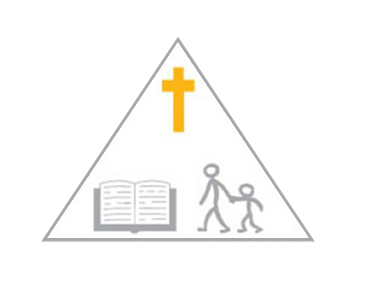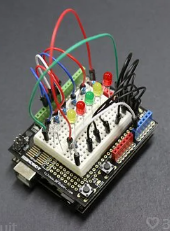Intent
At Idle CE Primary School our science curriculum follows the White Rose Scheme of learning working in tandem with the same approach towards maths. The White Rose Science curriculum meticulously maps out the progression of both scientific knowledge and the skills for working scientifically (substantive and disciplinary knowledge) throughout the academic year. This strategic alignment ensures that the knowledge and skills are tailored to each year group, and the small-step approach guarantees sufficient coverage and time for effective teaching and consolidation of these essential skills. Each small step is accompanied by a National Curriculum link, indicating the covered substantive knowledge and the disciplinary skill. Through this approach children develop curiosity and the investigative skills to become scientists in their own right.
Implementation
The medium term planning and progression mapping of science lessons will reflect exactly what content, knowledge and skills are critical for pupils to progress through the curriculum in each year. There is a clearly mapped progression document that shows how these topics progress across the years including EYFS. Teachers plan using White Rose Science resources for each science topic. The schemes of learning contain key facts, vocabulary, prior learning, questions, and potential misconceptions. The 'working scientifically' processes and methods are embedded in lessons so that children learn to use a variety of skills to answer scientific questions and carry out investigations. These are: observing over time, pattern seeking, identifying and classifying, comparative and fair testing and researching secondary resources. Subject specific vocabulary is identified through schemes of learning.
Impact
Science progress at Idle CE Primary School, is measured through the child’s ability to obtain sustainable knowledge, remember more and explain more. Our successful, consistent approach results in fun, engaging, high-quality Science education that provides children with the foundations and knowledge for understanding the world. This is evident in pupils’ work books (Y1 – Y6) and displays in the classrooms. Children will develop a love of learning, curiosity and investigation throughout science lessons.



